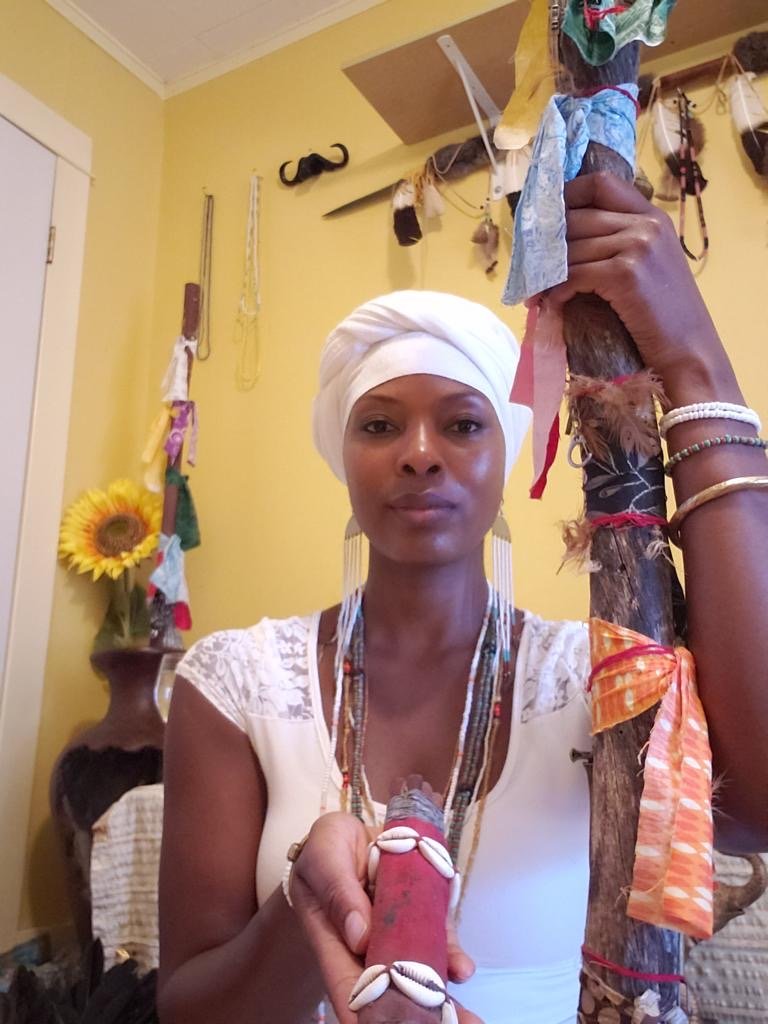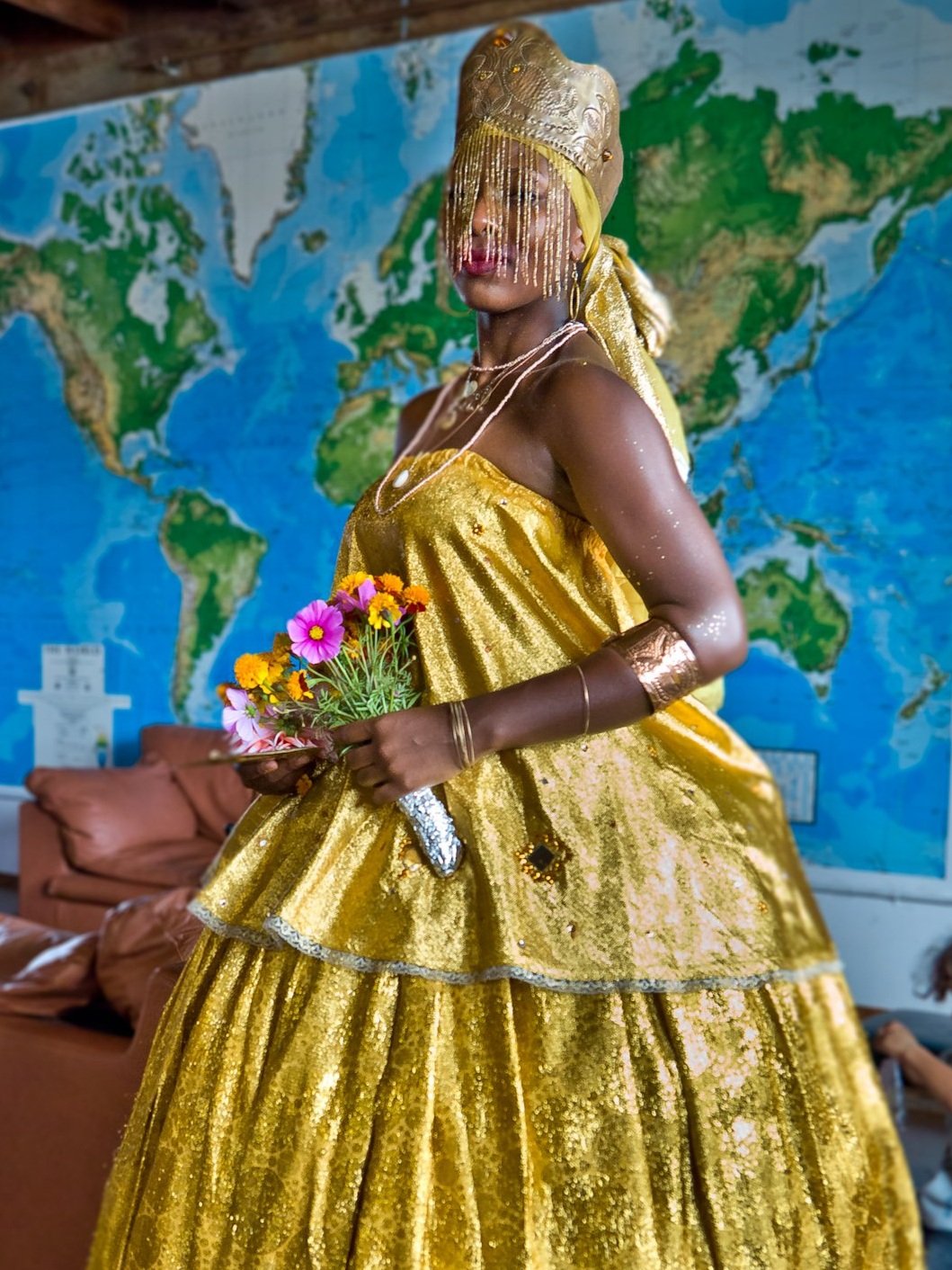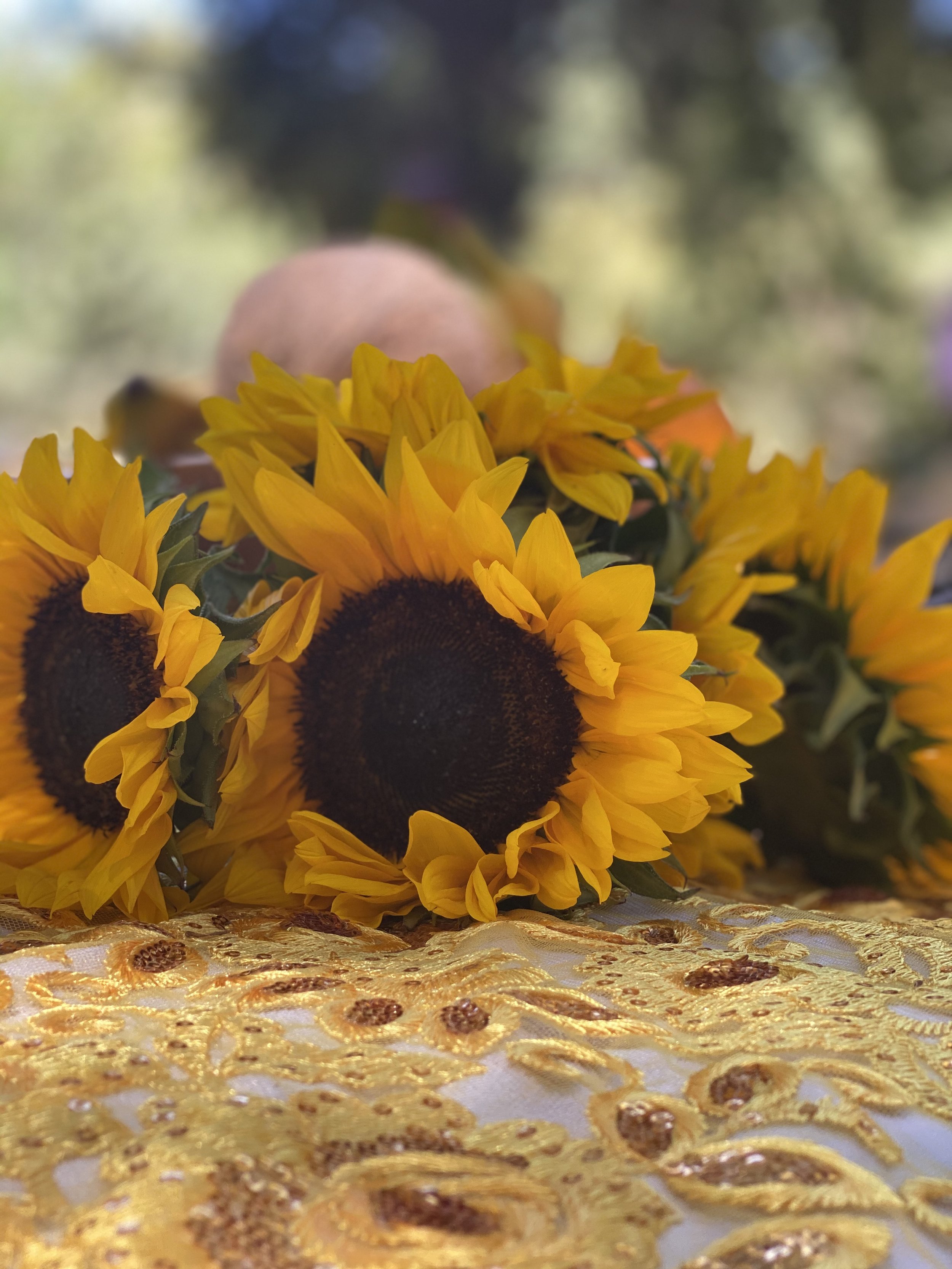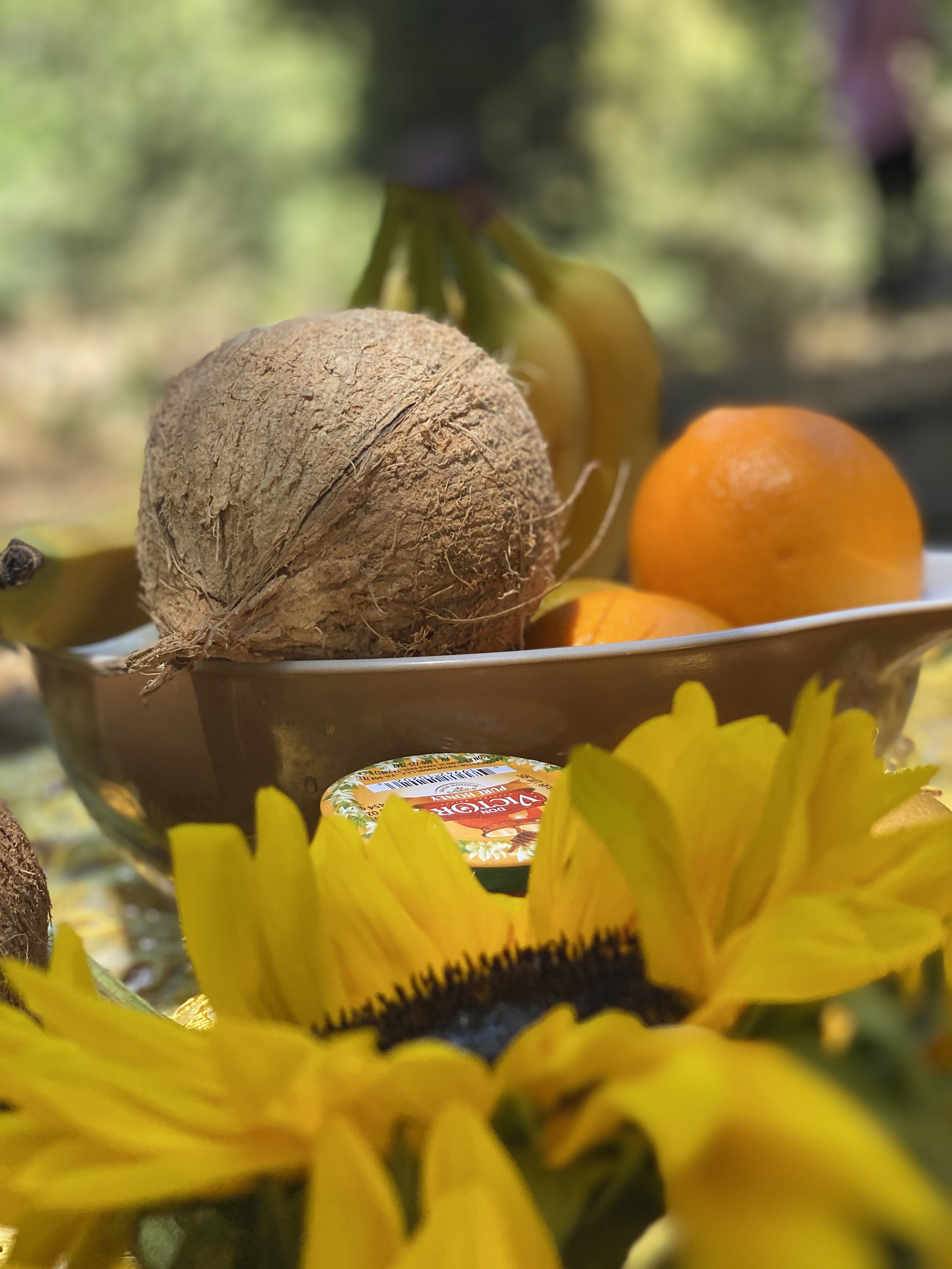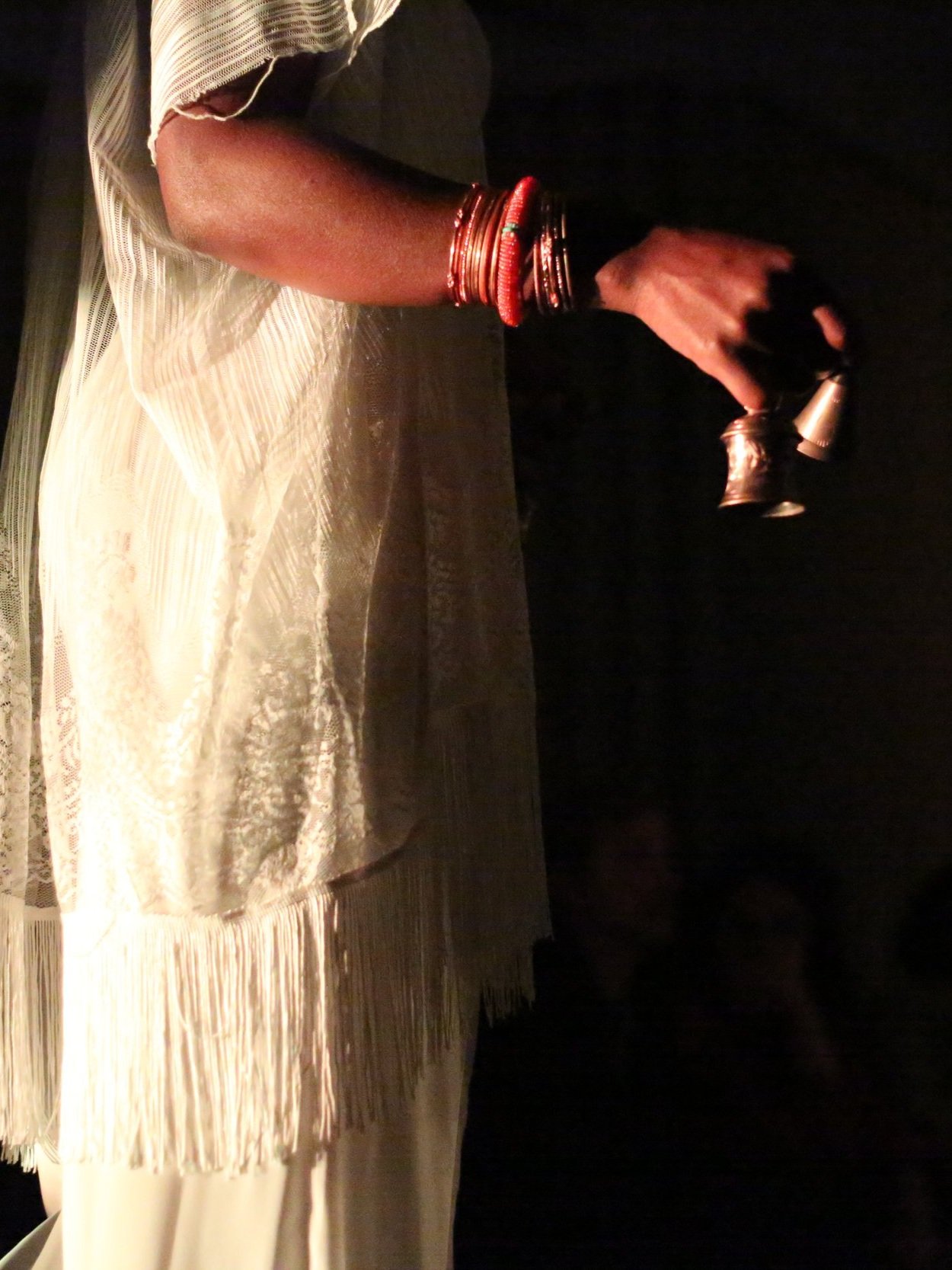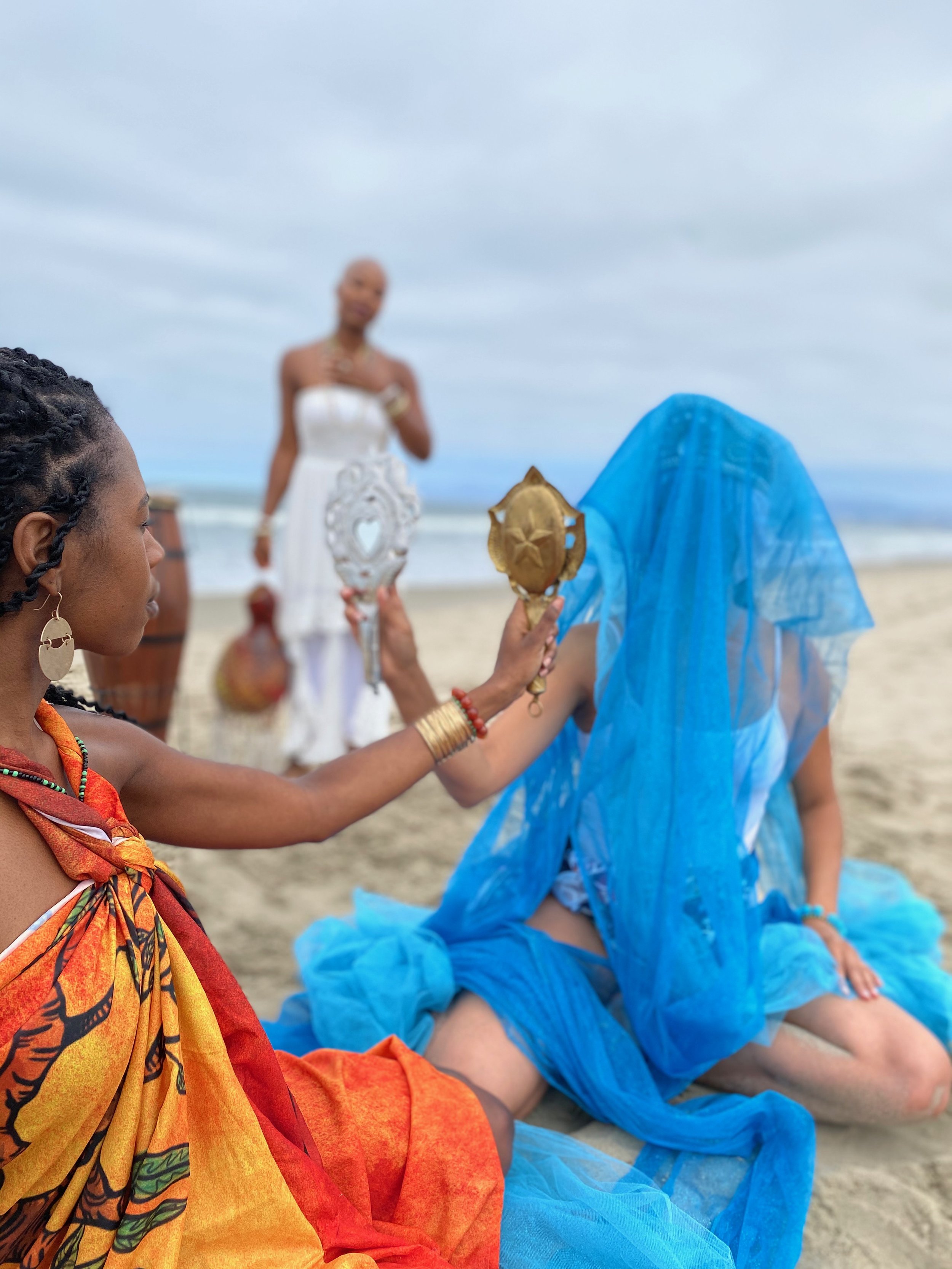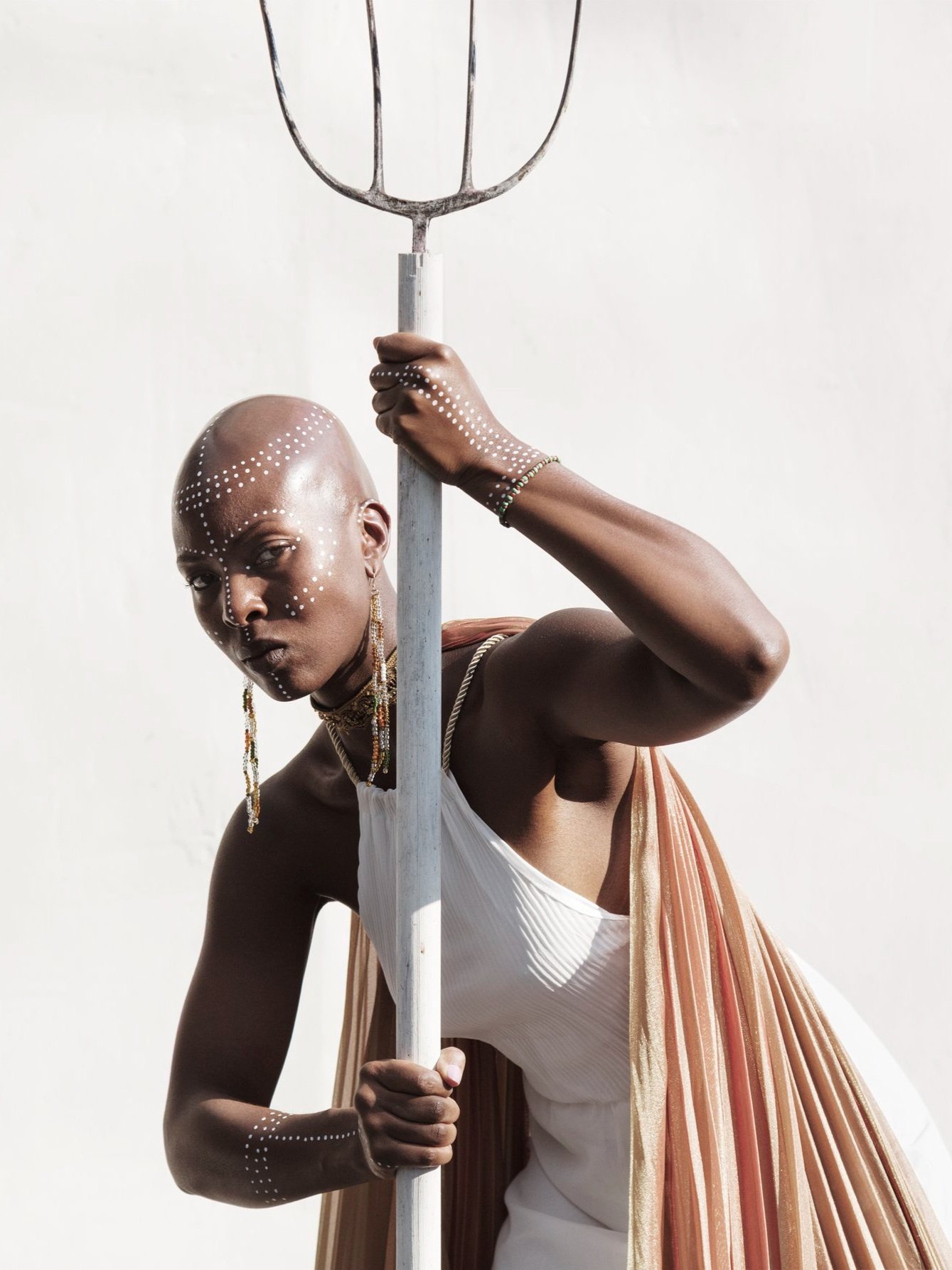
Songs of Soothing
Music Medicine for Healing and Ancestral Connection
Songs of Soothing is a multidimensional offering of music medicine—channeled, composed, and arranged to support spiritual healing, energetic alignment, and ancestral remembrance. Rooted in Yoruba traditions and inspired by Afro-Cuban Oricha music, this body of work weaves together sacred sound, prayer, poetry, and vibration. Each track carries its own frequency, inviting listeners to commune with energies such as Egun (ancestors), Ogun (warrior and path-clearer), Yemaya (mother of the ocean), and Eṣu (guardian of the crossroads and divine messenger).
Through traditional and non-traditional instrumentation—from batá drums, shekere, and agogô to singing bowls, strings, and ambient tones—Songs of Soothing bridges ritual and creativity, culture and intuitive expression. The album is a deeply personal yet collectively resonant journey through remembrance, healing, and reconnection. Whether you are seeking grounding, emotional release, inner balance, or a return to ancestral wisdom, these sacred compositions are offered as a balm for the spirit and a call to realign with your divine path.
Produced, performed, composed and written (unless specified otherwise), by Felicia “Onyi” Richards
Recorded, Mixed, and Co-Produced by Bobby Easton at Fuzzy Sound Lab
Mastered by Nic Chaffee at Woodshed Music
Learn more about the inspiration behind each track, explore lyrics, credits, and reflections, or return to the heart of the project below.
Descriptions, Reflections and Credits
Dedications & Acknowledgments
I dedicate this album to my Ori ([spiritual] head). Thank you for choosing to incarnate onto this Earth at this time to experience, learn, and grow in all the ways necessary for our evolution. May I always be connected to you; and may you always be in balance.
I also dedicate this album to Egun (the ancestors). First and foremost, my own personal ancestors, as far back as I can even fathom. Without you I wouldn’t be here. Also, to the African ancestors who were stripped away from their lands during the Transatlantic Slave Trade; in particular, the Yorùbá that were brought to Cuba, also referred to as Lukumi. All of you, Egun, worked with my Ori through your descendants and others that honor you to bring me back to my roots and thus back to myself in such a powerful way. It started with Afro-Cuban Oricha (orisha) music, which I give homage to through these songs, and has developed into so much more than I ever could have imagined.
I thank my family, friends, teachers, advisors, communities, collaborators, and everyone who has encouraged, supported, held, and co-created with me in some way throughout my life. There are so many individuals I could name, though that would be a mile-long list. However, there are two I must name in light of their role in helping me connect with Oriṣa music and traditions in the ways that I have:
Thank you, Angel Figueroa, my first teacher of Afro-Latin music. You helped reignite a flame I wasn’t aware I had and opened the doors to a life I never could have imagined.
Thank you, Craig Ramos, iba e, for every song you taught me, every ceremony you took me to, every practitioner you introduced me to, and every opportunity you gave me to remember my Egun and the Oriṣa. We will always remember you… your voice that literally called the divine. Sun re ooo (rest in peace).
I share this work with so much joy, gratitude, and appreciation. Some of this material has been with me for years, having gone through several iterations; some was birthed from newer versions of me as I learned how to tap into more aspects of myself. The road hasn’t always been easy or smooth, but there has always been sweetness. It is my prayer that through these songs, some aspect of you finds the soothing that you need.
Aṣe
Supporting the Culture
I have so much gratitude for the Lukumi/Afro-Cuban Oricha tradition for its profound influence in bringing me back to my roots. Throughout the majority of this album’s content, I navigate giving honor and reverence to the Oriṣa and to the experiences of Africans in Cuba, while also honoring my own creativity, artistry, and immediate connection to Yorùbá heritage.
That being said, I encourage you to support those individuals of Afro-Cuban descent—especially the elders—who teach, perform, produce, and release Oricha music. Supporting those who genuinely advocate for and stand alongside them is just as important if you cannot find a direct way to do so.
Below are just a handful of elder individuals—some living, some transitioned—and groups I have learned from either through direct instruction or indirectly by listening to and being inspired by their music. Search for them (and others) to hear songs for Eṣu (also known as Eshu, Elegua, Eleggua, Elegba, Elegbara), Yemọja (also known as Yemaya), Ogun, and other Oriṣa—often in more traditional renditions, and at times non-traditional or blended styles:
Lázaro Galarraga
Francisco Aguabella
Grupo Chango Leye
Bobi Céspedes
Grupo Afro Cuba De Matanzas
Conjunto Folklórico Nacional de Cuba
Síntesis
Want to bring this energy into your space?
Book ONYI LOVE for performance, ceremonial activation, or music-driven healing experiences in your community or project.






